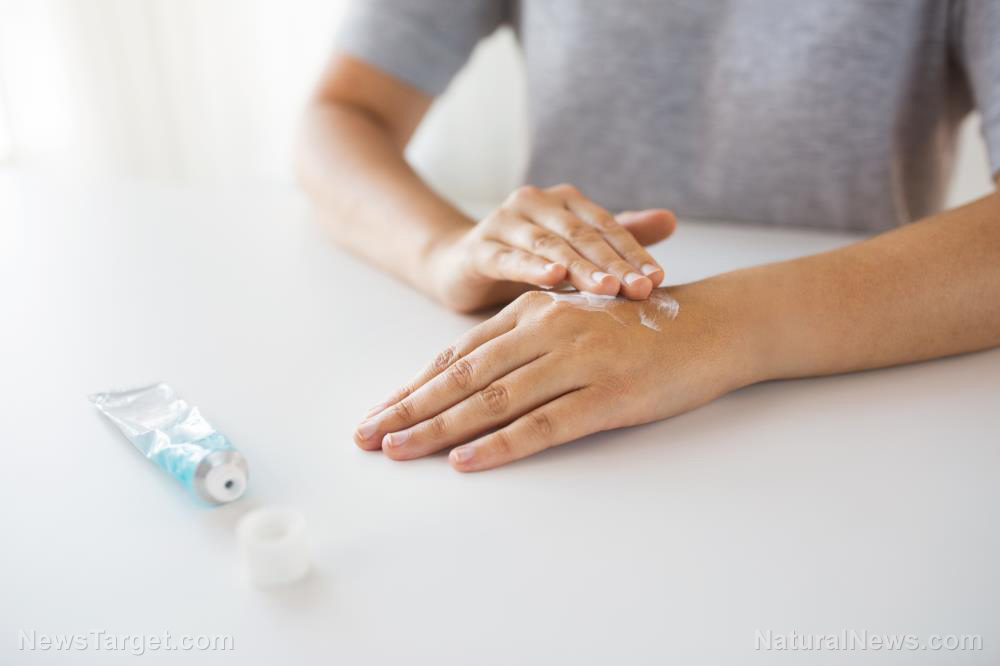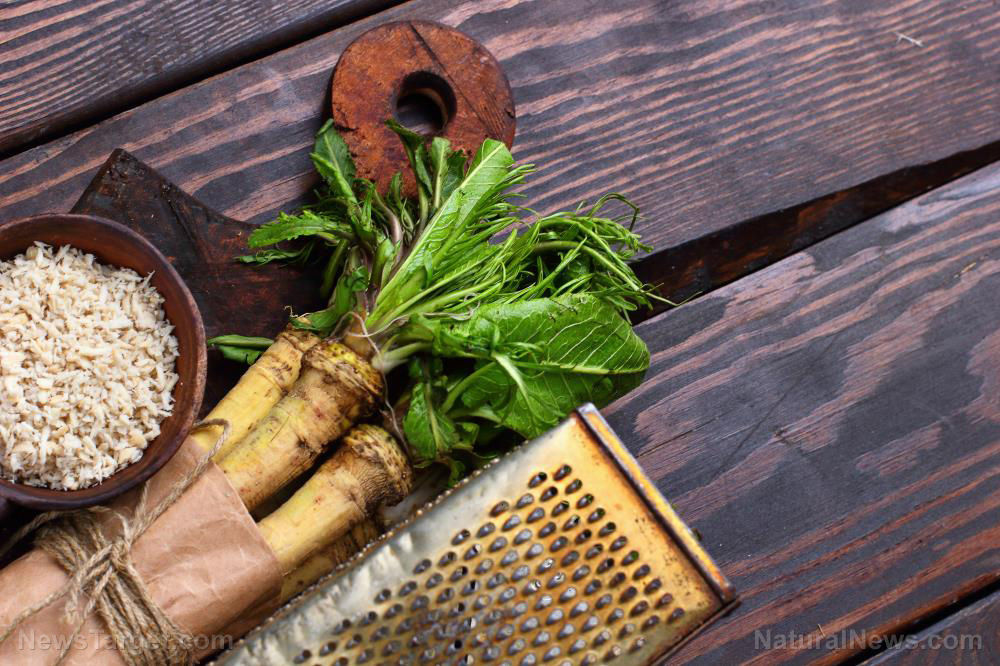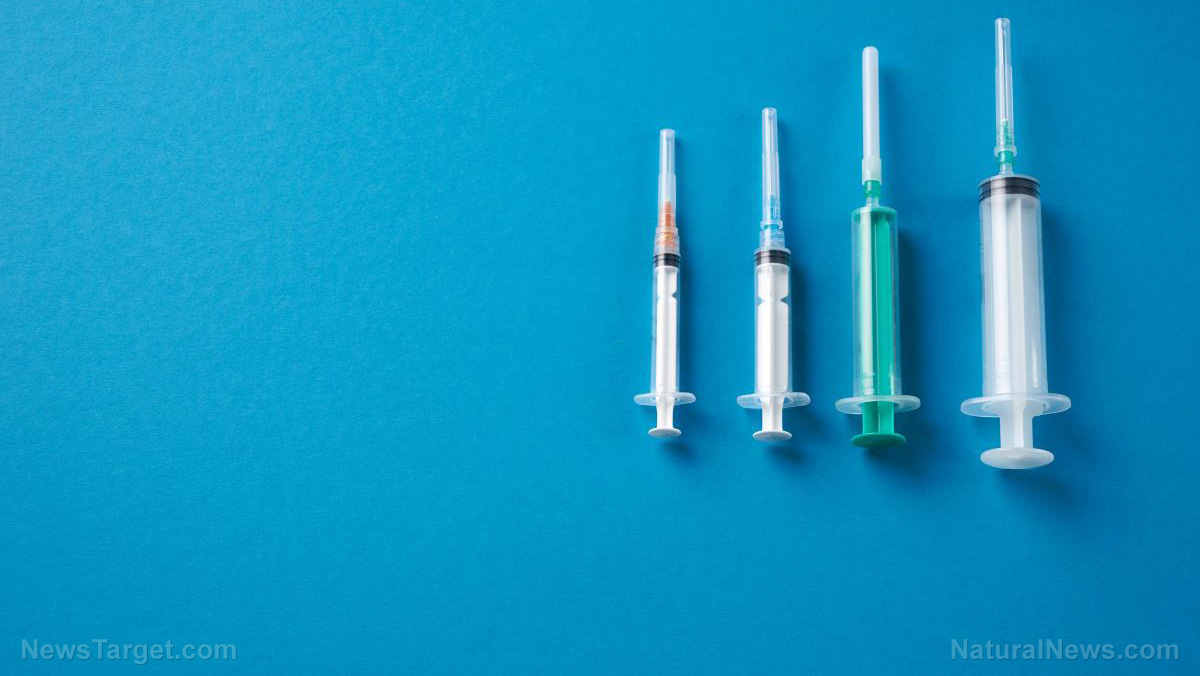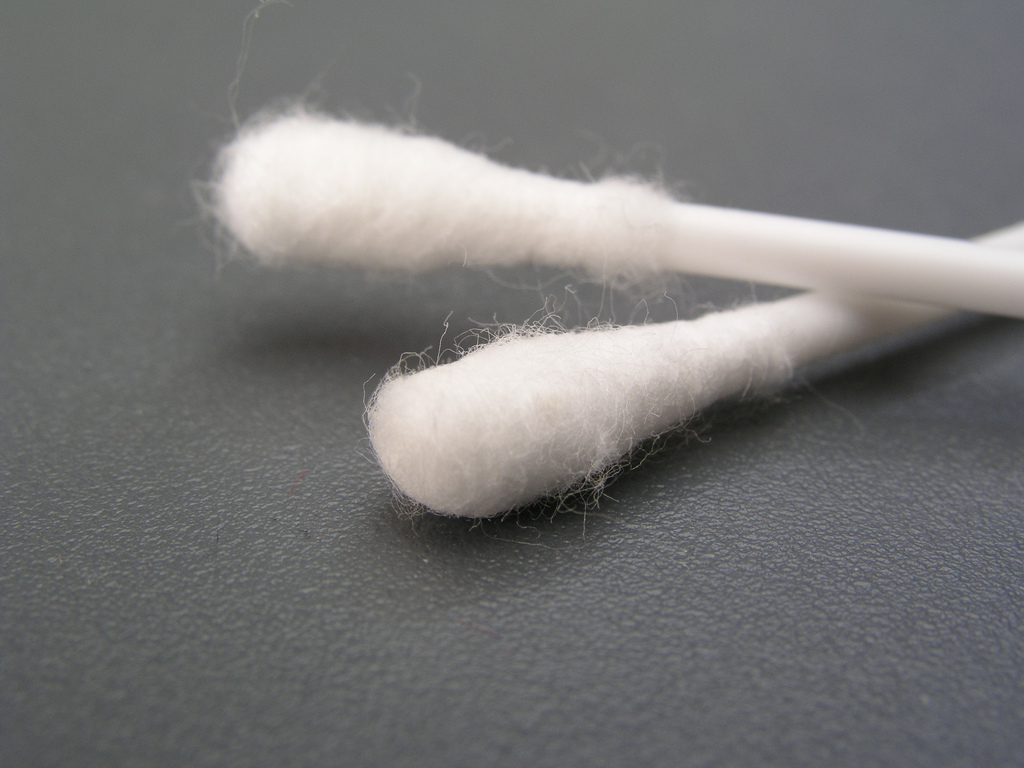Maintain oral health to lower your risk of conditions like pneumonia and rheumatoid arthritis
10/31/2019 / By Arsenio Toledo

Over six billion bacteria live in your mouth. Most of them are classified as “good,” but there are some that can be detrimental to your health. In particular, up to 20 bacterial strains are considered bad. Coupled with poor oral hygiene, these can travel down your mouth to your gut and even to your bloodstream. From there, they can travel to other organs in your body and wreak havoc, causing diseases like pneumonia and rheumatoid arthritis. One strain of bacteria, in particular, causes researchers a lot of trouble – Porhpyromonas gingivalis.
“It’s a true gang leader converting good microbes into bad ones,” according to Jan Potempa, a researcher from the University of Louisville and a co-author of a study that looked into the effects of this bacteria in the body.
In their study, which appeared in Science Advances, researchers studied P. gingivalis, which is also a known risk factor for Alzheimer’s disease. They found that P. gingivalis worsened symptoms in mice genetically engineered to have Alzheimer’s.
P. gingivalis has been linked to other diseases such as pneumonia, rheumatoid arthritis, and esophageal cancer. This is why maintaining good oral hygiene is important – not only does it protect your teeth from decay, it also keeps you safe from diseases that can cost you your life.
Here are several ways you can strengthen your oral health:
Avoid mouthwash
Mouthwash may seem like a good idea, since it’s marketed as a way to keep the mouth clean. But as it turns out, regular mouthwash use is very risky as it can destroy your mouth’s natural microbiome, which contains a lot of good bacteria. It can also cause more cavities and mouth ulcers, and it has even been linked to a higher risk of oral cancer. For a healthy alternative to mouthwash, try green tea. Researchers have found that green tea’s antioxidant properties may help reduce oral cancer risk as well as help against periodontal disease and halitosis.
Less than 12 hours remaining to get all your favorite survival foods, gardening supplies, organic essential oils and more at up to 60% OFF with the Health Ranger Store's Black Friday Survival and Preparedness Super Sale Event. This limited-time offer ends tonight at midnight. See all the great deals here.
Brush and floss
Bad bacteria are able to thrive in the mouth when they aren’t killed off immediately. This is why brushing at least twice a day is very important, as it helps the mouth dislodge possible sources of disease and infection. Brushing for a full two minutes twice a day can go a long way, although this alone isn’t enough as flossing is just as important.
Flossing can do what brushing can’t: Get the chunks stuck between your teeth. If left there due to lack of flossing, these chunks can continue to feed bacteria in your mouth and contribute to the process of tooth decay and cavity formation. (Related: Forget to floss? You may be putting yourself at risk of more serious health conditions.)
Change your diet
While brushing your teeth and flossing regularly is important, it’s not enough. According to Dr. Steven Lin, a dentist from Australia, keeping a diet that can help nourish the teeth can be just as necessary to maintain good oral health. This means eating foods such as apples, dairy, and nuts, all of which have natural properties that can help the teeth. For example, leafy green vegetables are filled with antioxidants and vitamins that can help your teeth get a natural source of calcium.
Along with leafy greens, high-fiber foods help clean the mouth due to their natural ability to stimulate the production of saliva. This helps neutralize the acids in the mouth and washes them away, lowering your risk of tooth decay.
The body’s different systems are connected, and understanding this is crucial in order to reduce the chances of catching terrible diseases like pneumonia and rheumatoid arthritis. Luckily, even just an understanding of how poor oral health can lead to an increased risk of Alzheimer’s can help lower the risk.
Sources include:
Tagged Under: alternative medicine, Alzheimer's disease, apples, brushing, dentistry, diet, esophageal cancer, Flossing, food cures, Green tea, herbal medicine, Herbs, Holistic Dentistry, hygiene, mind body science, mouthwash, natural cures, natural medicine, nuts, oral cancer, oral health, oral hygiene, Pneumonia, poor oral health, poor oral hygiene, prevention, remedies, research, rheumatoid arthritis




















